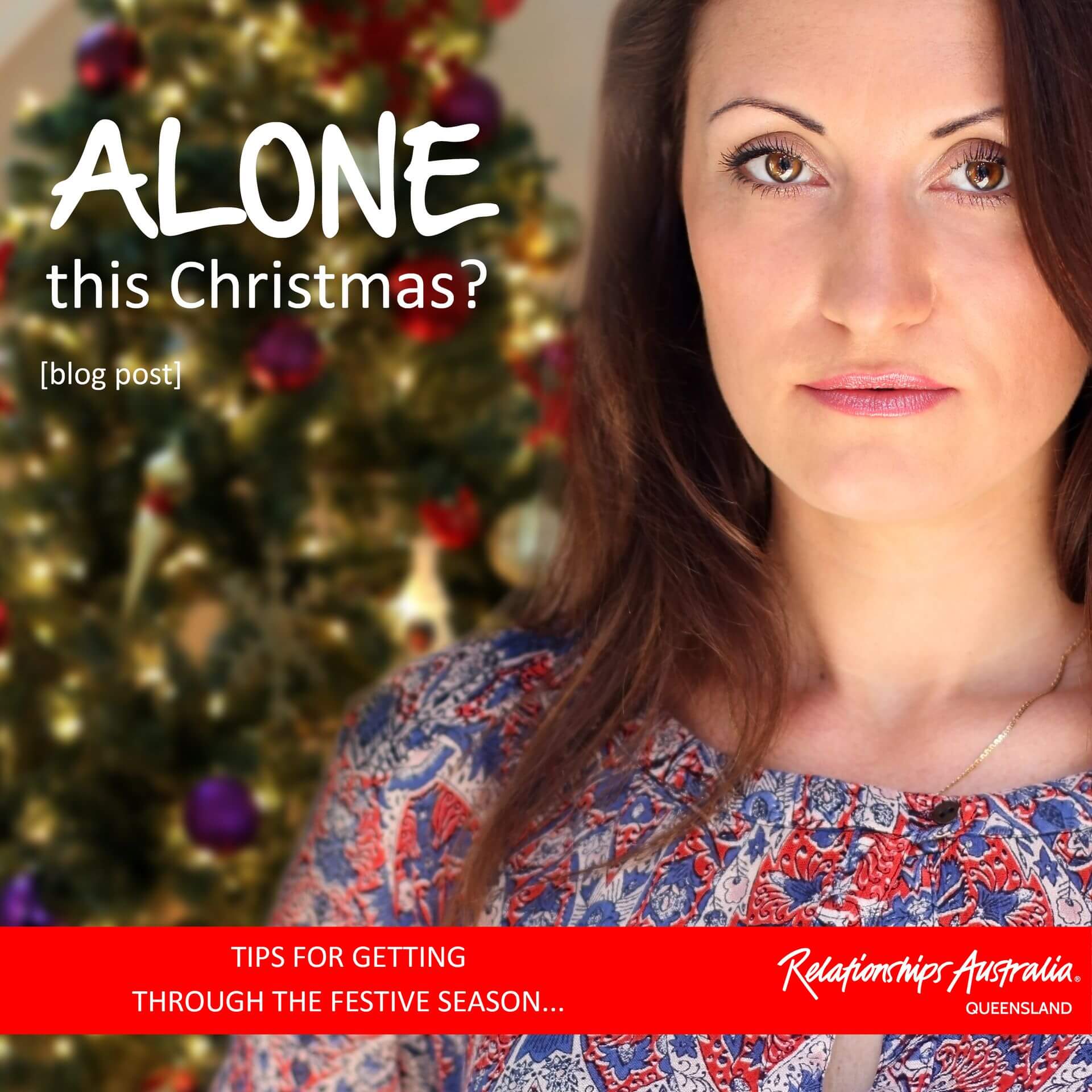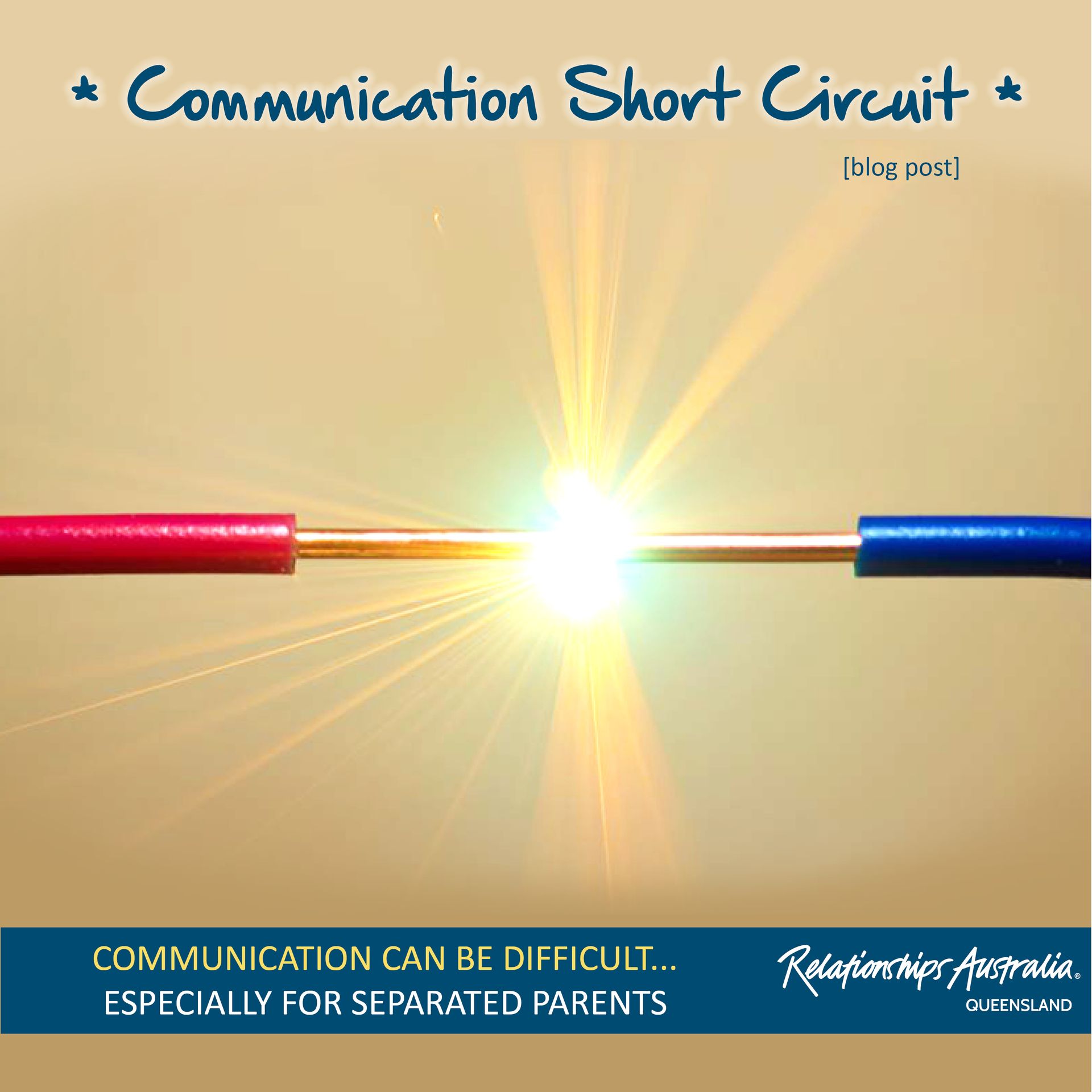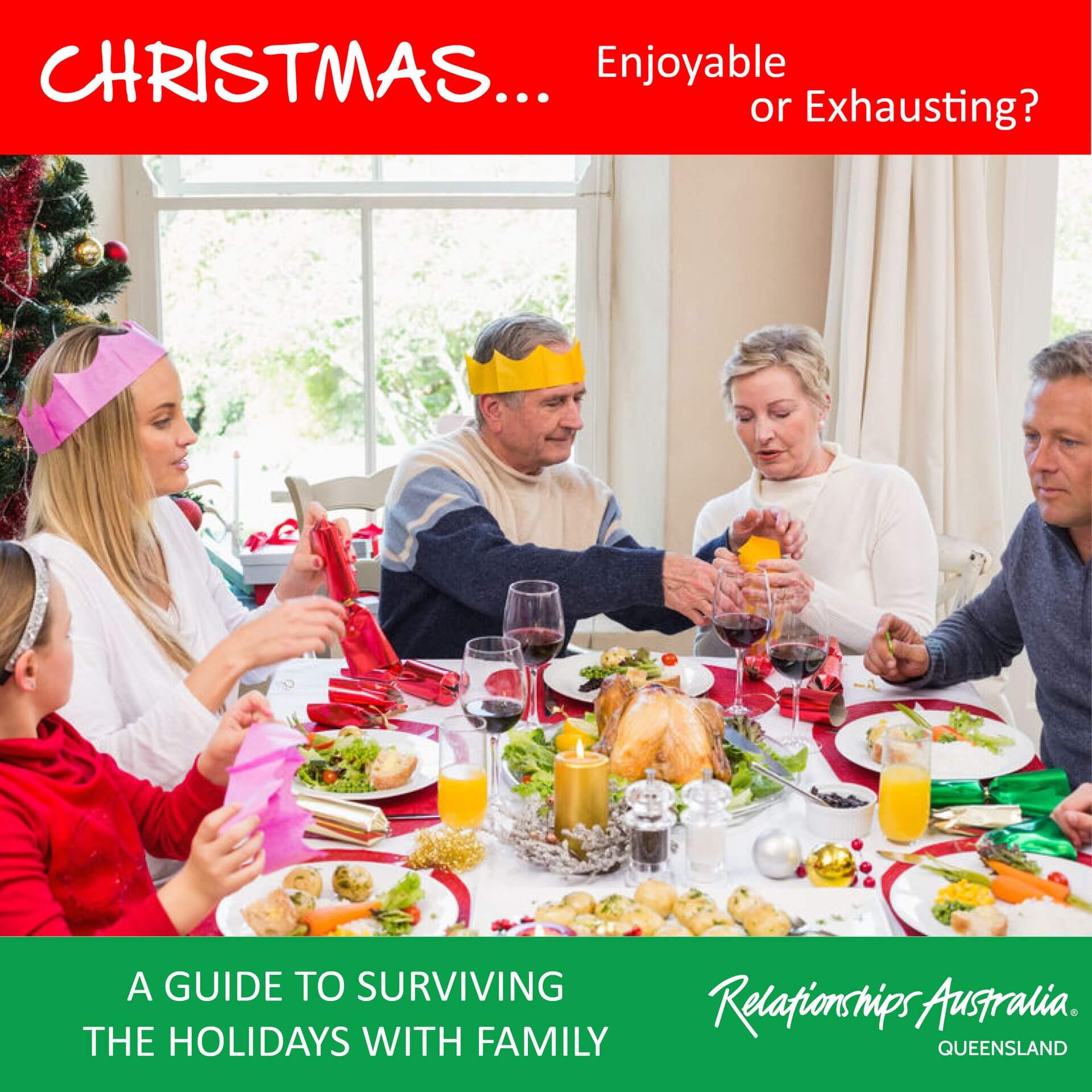Communication is one of those things which we all do in one way or another. There are literally hundreds of ways in which communication can be misunderstood or misinterpreted. In the land of simplicity, when we communicate one person sends a message and the other person receives it; doesn’t seem that hard, does it?
I have worked as a mediator and in the field of dispute resolution/conflict management for around 17 years, so I consider myself one pretty aware communicator; essentially communication is the core of my job. Yet I received a wakeup call, a reminder of just how fragile communication is.
We have a one year old daughter whose baby sitter is going overseas. Obviously we needed someone and decided that my husband would take leave and stay at home. I checked the dates and told him that he would need to take from the 16th Feb until the 2nd March off. His work needs 2 months’ notice so late November my hubby’s leave was approved. Right, that’s organised.
Then a very confusing conversation developed where my hubby explains that the boss wants him to work away from the 6th until the 16th of Feb. I ask if he’ll be back before I leave for work on the 16th. It gets very confusing from this point and I feel completely lost as we both try to make sense of what the other is on about. I’m definitely missing something. Clarity chimes as he finally says “I thought the 16th was my last day of work and my first day home is the 17th.”
What! How on earth could he think that? How could he have possibly gotten that out of what I’d said? “I said you’ll need to take from the 16th Feb until the 2nd March off,” I repeat to him. What was unclear about that?
More confusion. He explains that he thought I meant that the 16th would be his last day of work before his leave and then the 2nd would be his first day back at work after his leave.
I’m completely beside myself with disbelief. How could he not have known what I meant? It was totally clear and obvious, wasn’t it? Anyone would have known what I meant; after all I’m a clear communicator, aren’t I? When I’d gotten over myself, I considered this.
It is definitely evident that the message I had sent was not received or interpreted in the same way. There had been an assumption, a short circuit, and it had happened so easily.
My husband and I were working together towards the same goal. Imagine if we weren’t; if we were separated parents and communication was tense and difficult to start with. Luckily, we’re on the same team and definitely not adversaries. Yet this one simple short circuit caused incredible confusion and took time to work out what we both meant because of our different understanding from that one comment of mine. Yep, communication appears easy but is easily short circuited.
Oh and we have someone to look after our little girl.
— Carolyn is a Family Dispute Resolution Practitioner @ Relationships Australia Qld
** If you could like help with making arrangements and agreements following separation, or any other issue which requires support, please call us on 1300 364 277 to discuss your options.
BE SOCIAL, SHARE!
If you enjoyed this blog, please share this blog by using the orange SHARE link at the top of the page. You can also subscribe to receive future blogs straight to your inbox.




